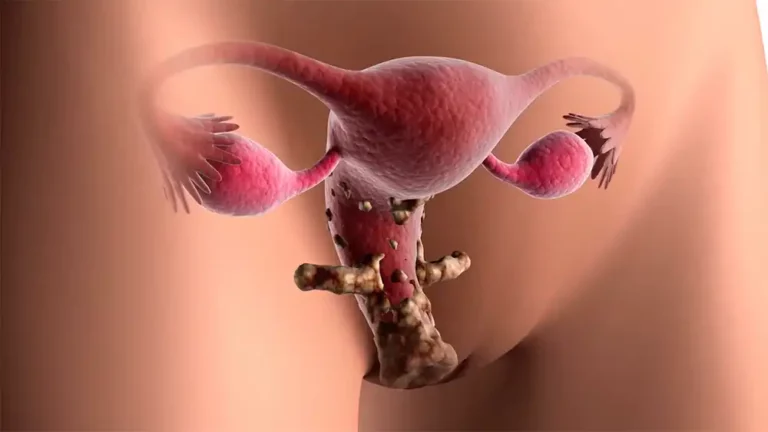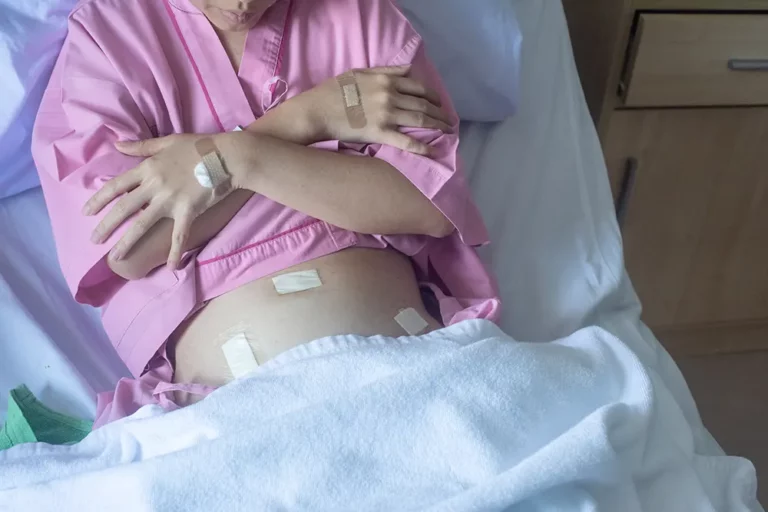Pap Smear after Hysterectomy: Cervical Cancer Screening
The importance of pap smears after this surgery is significant, for a better understanding this procedure is also known as pap test. This procedure involves removing the uterus and sometimes the cervix, and it can be done for various reasons, including treating benign conditions or preventing/treating cancer.
Pap smears are traditionally used to screen for cervical abnormalities and cancer, but their necessity after this procedure depends on factors such as the type of hysterectomy and individual risk factors. If the cervix is retained or only the uterus is removed, regular pap smears are typically recommended. However, if both the uterus and cervix are removed, routine pap smears may be unnecessary, although regular gynecological check-ups remain important. It is crucial for women to consult their healthcare providers for personalized recommendations.
Understanding Hysterectomy and Cervical Cancer
What is a Hysterectomy?
This procedure is a surgical intervention where the uterus is surgically removed. The removal of the cervix may also occur, depending on the specific circumstances and medical condition. There are various types of this procedure, such as total hysterectomy, which involves the removal of both the uterus and cervix, and partial hysterectomy, which involves the removal of the uterus alone.
The Importance of Cervical Cancer Screening
Cervical cancer is a significant health concern for women worldwide. It is primarily caused by the human papillomavirus (HPV), a common sexually transmitted infection. Cervical cancer screening, commonly done through a pap test or pap test plays a crucial role in detecting cervical abnormalities and early-stage cancer. Early detection allows for timely treatment and improves the chances of successful outcomes.

Pap Smears After Hysterectomy: Are They Still Needed?
Pap test After Total Hysterectomy
After a total hysterectomy, where both the uterus and cervix are removed, the risk of developing cervical cancer becomes significantly low. Consequently, undergoing pap smear after this specific surgery is typically not required, unless the surgery was conducted specifically due to cervical cancer or its precursors. To determine the necessity of further pap smear, it is crucial to have a discussion with your healthcare provider, taking into consideration your medical history and individual circumstances.

Pap Smears After Partial Hysterectomy
In the case of a partial hysterectomy, where only the uterus is removed, the cervix remains intact. Women who have undergone this specific surgery still have a risk of developing cervical cancer and should continue routine pap smearscreening as recommended by their healthcare provider. Regular pap smearenable the early detection of cervical neoplasia and cancer, leading to better outcomes and effective management.
Recommendations and Guidelines
Various organizations provide guidelines regarding post-hysterectomy pap smear. The American Cancer Society, for example, suggests that women who have had this surgery for a noncancerous condition and have no history of carcinoma of cervix or precursors can discontinue routine pap testing. However, women who have had this surgery due to carcinoma of cervix or its precursors should continue to have pap test.
The U.S. Preventive Services Task Force acknowledges the significance of ongoing pap testing for women who still have their cervix intact, even following this surgery. This recommendation considers individual risk factors and medical history, emphasizing the importance of personalized screening protocols. Consulting with your healthcare provider becomes essential in order to establish the most suitable screening regimen based on your specific circumstances.
Conclusion
The topic of pap test after hysterectomy can be complex and confusing. While women who have undergone a total hysterectomy generally do not require further pap testing, those who have had a partial hysterectomy with an intact cervix should continue routine pap test screening. carcinoma of cervix screening plays a vital role in the early detection of abnormalities and cancer, leading to timely treatment and improved outcomes. It is essential to discuss your individual risk factors and medical history with your healthcare provider to determine the most appropriate screening recommendations for you.
Remember, regular carcinoma of cervix screening is a proactive step towards maintaining your reproductive health and overall well-being.
FAQs
Do I still need a pap smear after a total hysterectomy?
Pap smears are generally not necessary after a total hysterectomy because the cervix is typically removed during the procedure. This means that there is no longer a cervix to screen for cervical abnormalities or cancerous cells. Removing the cervix reduces the risk of developing cervical cancer, making pap smears unnecessary for monitoring this specific condition. However, it’s important to note that individual circumstances may vary, and it’s always advisable to consult with your healthcare provider for personalized advice regarding your specific situation.
Can I stop getting pap smears after a total hysterectomy for a noncancerous condition?
After a total hysterectomy for a noncancerous condition, routine pap smears are generally not needed if the cervix was removed. Without a cervix, there is no need for regular pap smears since there is no cervix to screen. Noncancerous conditions like uterine fibroids or endometriosis usually don’t increase the risk of cervical cancer. However, consult your healthcare provider to determine the appropriate follow-up and screening based on your individual circumstances.
Can I skip pap tests if I’ve had a hysterectomy for a benign gynecologic disease?
After a this procedure for a noncancerous gynecologic condition where the cervix is removed, routine pap tests are often unnecessary. Pap tests are typically done to detect cervical abnormalities and signs of cervical cancer. However, without a cervix, the risk of developing cervical cancer is significantly reduced. To determine if you still need pap tests, it’s important to consult your healthcare provider. They will consider your medical history, individual risk factors, and the specifics of your hysterectomy to provide personalized guidance.
Do women with a history of hysterectomy still need pap smears?
Women with a prior hysterectomy may not need pap smears if the cervix was removed. Without a cervix, routine pap smears to check for cervical abnormalities or cancer are unnecessary. However, it’s important to discuss your specific circumstances with your healthcare provider. They will consider your medical history, and any additional risk factors, and provide personalized recommendations for your situation.
Should women who’ve undergone a hysterectomy continue to have pap tests?
Whether women who’ve undergone this surgery should continue to have pap tests depends on the specific details of the procedure. Factors such as whether the cervix was removed or if any cervical tissue remains can influence the need for ongoing pap screenings. It is essential to consult with your healthcare provider to receive personalized guidance based on your individual circumstances. They will consider the specific details of your surgery and provide recommendations tailored to your situation.
Can I stop pap test screenings after age 65 if I’ve had a hysterectomy?:
If you’ve had a hysterectomy, the need for pap test screenings after age 65 depends on the procedure details and your healthcare provider’s recommendations. While age 65 is often a consideration, individual factors and medical history are important. Your healthcare provider will assess your specific hysterectomy details, including cervix removal and remaining cervical tissue, to determine if pap screenings should continue. Follow their personalized recommendations for appropriate healthcare management.
Should I still be screened for vaginal cancer after a hysterectomy?
Vaginal cancer is rare, and routine screening after a hysterectomy is generally unnecessary. The risk is significantly lower after a hysterectomy, especially if the cervix is removed. However, individual risk factors should be considered. Consult your healthcare provider for personalized advice.





